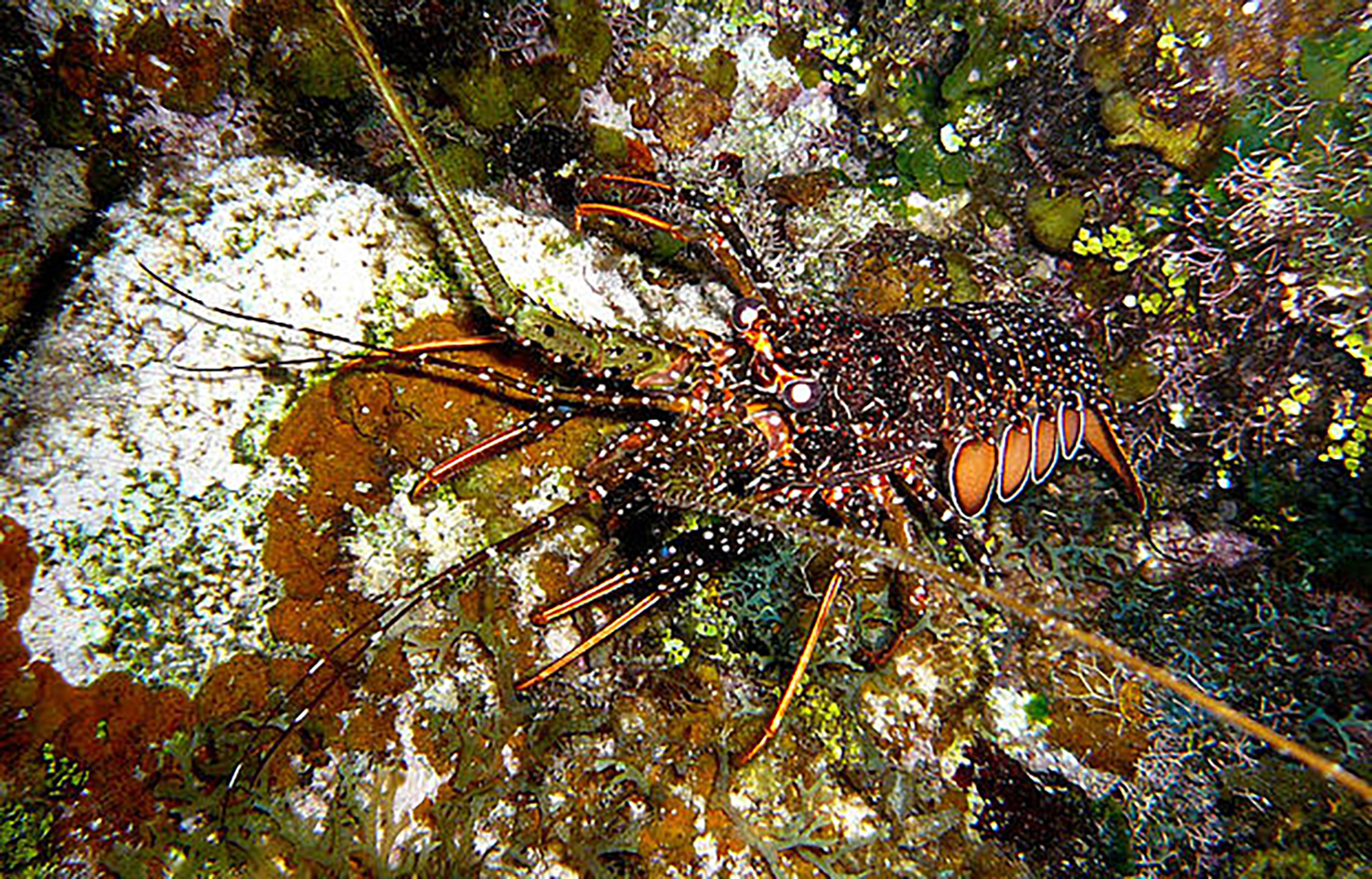Brazil's Standing Committee on Lobster Management has agreed to set a global catch limit for Caribbean spiny lobster (Panulirus argus) and smoothtail spiny lobster (Panulirus laevicauda) in the country’s fishery.
According to CeDePesca, an NGO with the mission of helping Latin American fisheries work toward more sustainable practices, the move was momentous, as it came after 13 years of work already put in under a lobster fishery improvement project (FIP) in the country.
The total allowable catch (TAC) was set at 6,192 metric tons for the two species. In turn, the Brazil Ministry of Fisheries resolved that fishing operations will be suspended when 95 percent of that limit is reached.
CeDePesca Brazil Director Rochelle Cruz said the country's lobster industry, the majority of which is involved in the FIP, has expressed acceptance of the implementation of the TAC.
“The implementation of the catch limit renews the feeling of hope for a better future for the management system. We know we still have a long way to go, but this is a great start,” she said.
A Brazilian Ministries of Fisheries and Environment ordinance published on 30 April – one day before the start of the fishing season – included the new provisions for the Caribbean spiny lobster and smoothtail spiny lobster species.
Besides the TAC, the Standing Committee on Lobster Management also debated whether to revoke a prohibition on selling lobster within the last three months of the season’s closure, ultimately deciding to maintain the ban.
The regulation was approved several years ago but only put into force in 2023, and its main objective is to minimize illegal fishing.
“Revocation [of the regulation] would be a serious setback and after the expressions of CeDePesca and other committee members, it was defined that the ban will be maintained,” Cruz said.
Other prohibitions established by the committee include a ban on the catching and keeping of ovigerous females, as well as a six-month fishing ban between November and April.
CeDePesca launched the first stock assessment on the Brazilian spiny lobster fishery in 2013. The initial assessment showed that the fishery was overexploited, but this was kept in check thanks to the U.S. refusing imports of lobster tails smaller than 13 centimeters.
Cruz said the new rules will further improve conservation efforts for Brazil's lobster popualtion.








